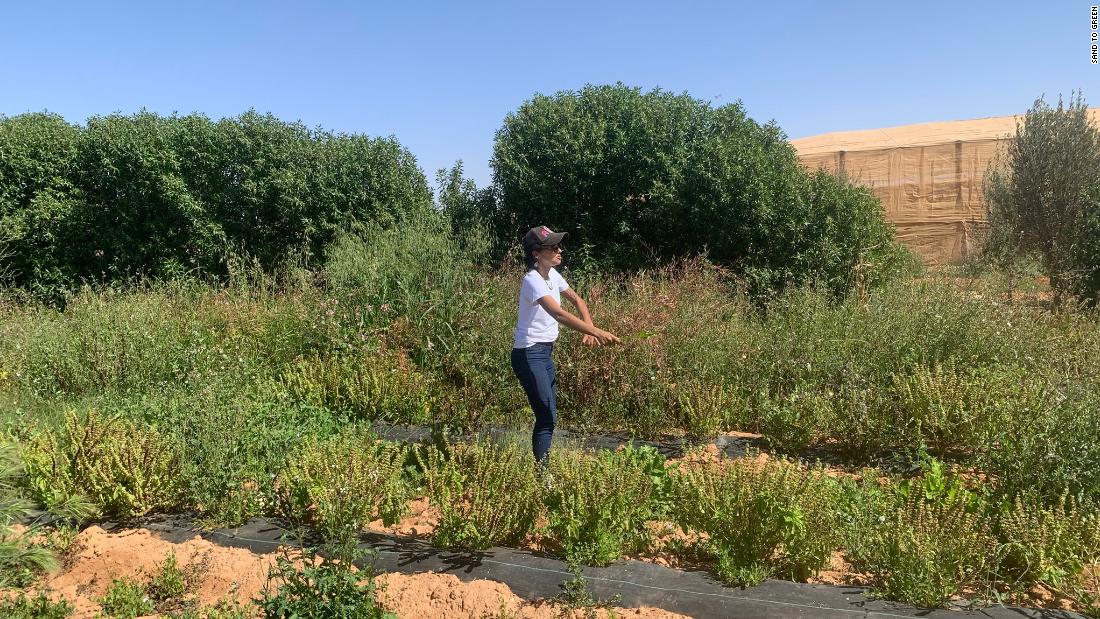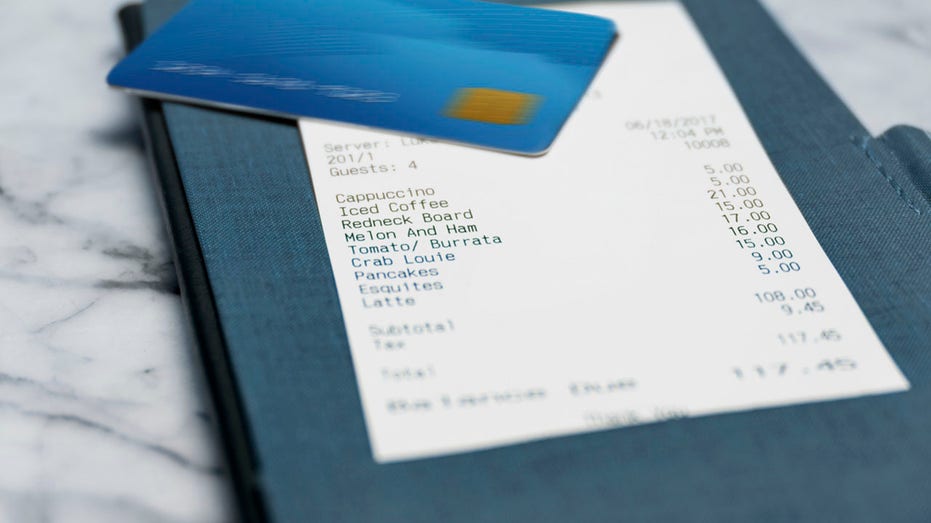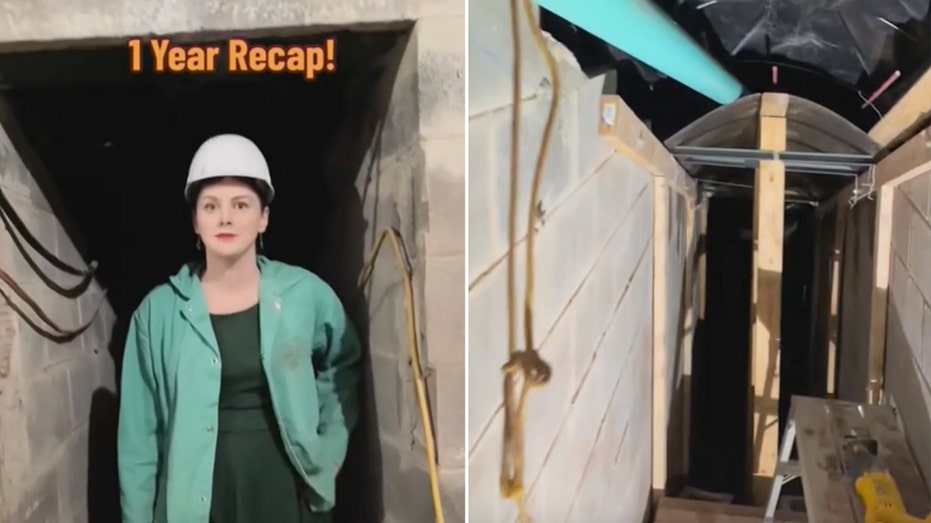- by foxnews
- 15 Mar 2025
This Moroccan startup is growing crops in the desert

Climate change means desertification is a growing problem, with 250 million people directly impacted by the degradation of formerly fertile land.
The issue affects a third of the Earth's land surface, according to the United Nations, parching parts of Africa, South America, southern Europe, China and a third of US soil. Reclaiming arid land and turning it back into agricultural fields could be key to ensuring we are able to feed the planet's population.
Sand to Green is a Moroccan startup that can transform a patch of desert into a sustainable and profitable plantation in five years, according to Wissal Ben Moussa, its co-founder and chief agricultural officer.
"Desertification is the future of a lot of countries today," she says. "Our solution is using agroforestry to create a new kind of agriculture that is sustainable and that can be resilient in front of climate change."
The system can be deployed anywhere near a source of brackish water, which Sand to Green desalinates using solar-powered technology. It then plants a variety of fruit-producing trees and herbs in the same space - a practice known as intercropping - and drip-irrigates their roots directly with the desalinated water, to minimize evaporation.
The soil is regenerated using what Sand to Green calls "green manure," a mixture that includes compost, biochar and microorganisms that help the soil "wake up," according to Ben Moussa. Biochar is a form of charcoal that can help arid soils retain water.
This allows some herbs to be ready for harvest after just two years.
In a five-hectare trial in southern Morocco that's been running since 2017, Sand to Green has tried out a variety of plants in search of the best perfomers. "My top three favorite trees are carob, fig and pomegranate," Ben Moussa says. "They are endemic to the regions where we want to deploy, have high added value when it comes to the produce, but they are also very resilient."
Among the intercropping herbs that have been successfully trialed are rosemary, geranium, vetiver and citronella, which Ben Moussa describes as "very low-maintenance and very high-margin."
A 2018 review by the UN Convention to Combat Desertification found that the global economy was set to lose $23 trillion by 2050 because of land degradation, while taking urgent action would cost only a fraction of that - $4.6 trillion. Land degradation or drought affect 169 countries, with Asia and Africa the hardest-hit.
Efforts to grow crops in desert environments are spreading. The International Center for Biosaline Agriculture is growing salt-tolerant superfoods in the sandy soil of Dubai, while in Tanzania, non-profits are using mounds of earth known as bunds to trap water so that it can penetrate parched ground, allowing grasses to return.
"With this system we create biodiversity, which means better soil, healthier crops and a bigger yield," Ben Moussa says. "Our plantation can generate 1.5 times more yield and thus more revenue than a monoculture plantation in the same area."
When commercialized, each piece of land will be divided into plantations that will be provided as a "green investment," Ben Moussa says, with Sand to Green handling every step from inception to fruition. Revenues will be shared between the investors and Sand to Green.
Earlier this year, the company raised $1 million in seed funding, and there are plans for an additional, 500-hectare project, again in Morocco.
Sand to Green says its techniques could be used in countries including Mauritania, Senegal, Namibia, Egypt, in the Arabian peninsula, some parts of the United States, and on the Mexican coast. "We can go anywhere in the world as long as we have access to brackish water," Ben Moussa says. "The good news is that there is a lot of it along coastal areas."
- by foxnews
- descember 09, 2016
Neighbors react as viral 'Tunnel Girl' granted permit to continue digging massive bunker under home
"Tunnel Girl" in Herndon, Virginia, "finally" got her tunnel project approved after pausing the project due to a potential violation. Locals and social media users react.
read more


